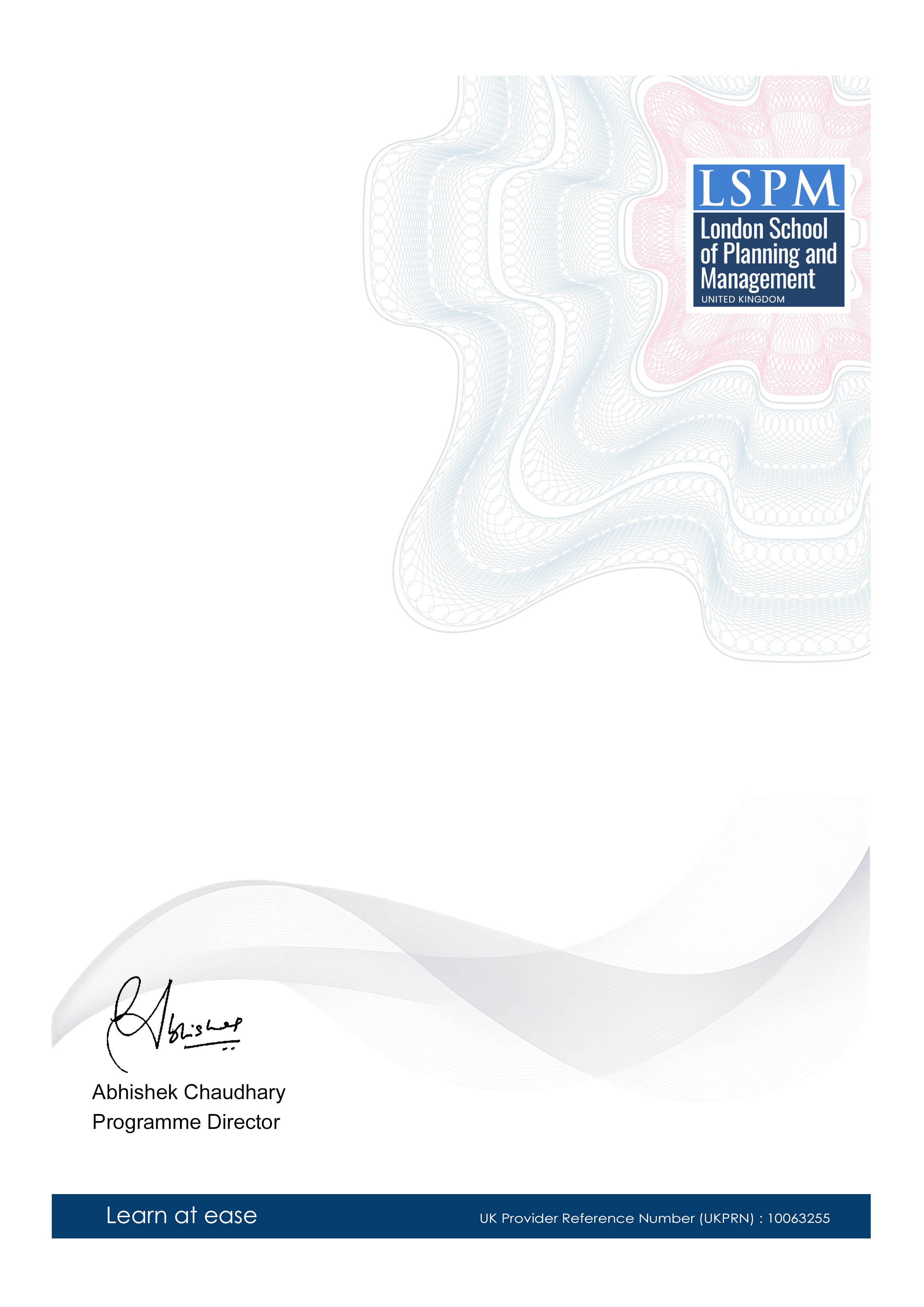Professional Certificate in Pollinator-Friendly Habitat Restoration Assessment
-- viewing nowThe Professional Certificate in Pollinator-Friendly Habitat Restoration Assessment is a crucial course for learners seeking to make a positive impact on the environment. This certificate program focuses on the importance of pollinators and the essential role they play in ecosystem health and food production.
3,686+
Students enrolled
GBP £ 149
GBP £ 215
Save 44% with our special offer
About this course
100% online
Learn from anywhere
Shareable certificate
Add to your LinkedIn profile
2 months to complete
at 2-3 hours a week
Start anytime
No waiting period
Course details
• Assessing Pollinator-Friendly Habitat Needs: Understanding the basics of pollinator habitat requirements, including plant species, shelter, and nesting sites. • Site Evaluation for Pollinator Habitat Restoration: Identifying suitable sites for habitat restoration, considering factors such as soil type, sunlight, and existing vegetation. • Designing Pollinator Habitats: Creating a plan for restoring pollinator habitats, including selecting appropriate plants and designing for year-round bloom. • Plant Identification and Selection: Recognizing native plants that support pollinators and selecting the right plants for specific habitats. • Implementing Habitat Restoration: Preparing the site, planting, and maintaining the restored habitat. • Monitoring Pollinator Populations: Tracking pollinator populations and habitat use over time, using tools such as observation surveys and photo documentation. • Assessing Habitat Restoration Success: Evaluating the success of habitat restoration efforts, using metrics such as pollinator diversity and abundance. • Community Engagement and Education: Engaging community members and stakeholders in pollinator habitat restoration efforts and educating them about the importance of pollinators.
Career path
Entry requirements
- Basic understanding of the subject matter
- Proficiency in English language
- Computer and internet access
- Basic computer skills
- Dedication to complete the course
No prior formal qualifications required. Course designed for accessibility.
Course status
This course provides practical knowledge and skills for professional development. It is:
- Not accredited by a recognized body
- Not regulated by an authorized institution
- Complementary to formal qualifications
You'll receive a certificate of completion upon successfully finishing the course.
Why people choose us for their career
Loading reviews...
Frequently Asked Questions
Skills you'll gain
Course fee
- 3-4 hours per week
- Early certificate delivery
- Open enrollment - start anytime
- 2-3 hours per week
- Regular certificate delivery
- Open enrollment - start anytime
- Full course access
- Digital certificate
- Course materials
Get course information
Earn a career certificate

